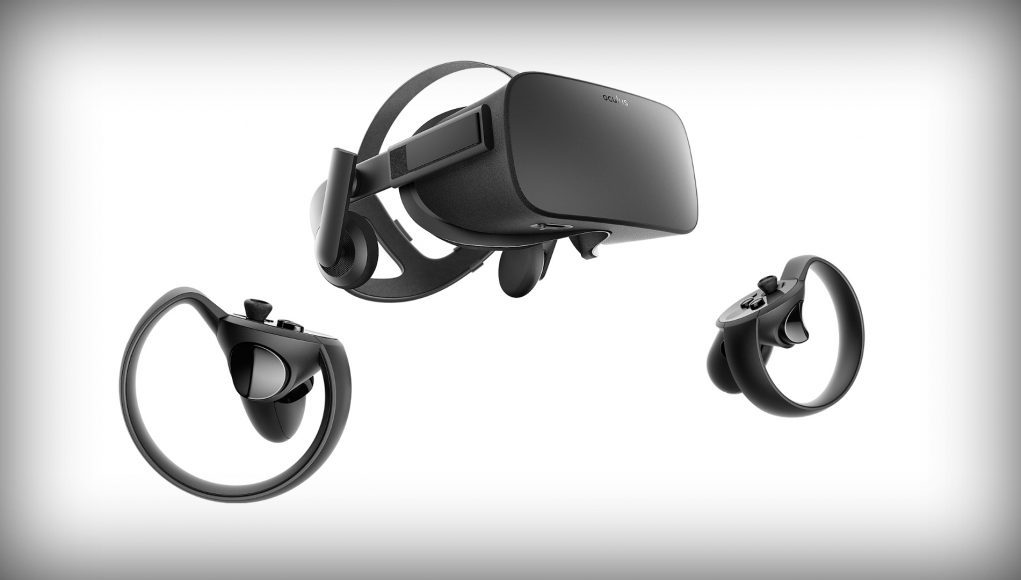Last October Oculus announced its ‘Oculus Rift for Business‘ bundle, offering for the first time a package which included a warranty and license officially sanctioned for commercial use. This week the company dropped the price of the package and announced availability in four new regions, but China still isn’t on the list.
HTC began offering its own business bundle, the ‘Vive Business Edition’ for $1,200, back in mid 2016, and appears to have taken a strong lead over Oculus in the out-of-home sector. It wasn’t until more than a year later that Oculus followed suite with its own business bundle, which includes the Rift headset, Touich controllers, three sensors extra face cushions, cables, preferential customer support, and a warranty & license allowing for commercial usage.
This week the company announced a price cut of the Oculus Rift for Business bundle from $900 to $800, apparently in an effort to be more competitive against the Vive Business Edition ($1,300) and Vive Pro ($1,600 for the full enterprise package), the latter of which crucially offers an even larger tracking area, making it more suitable for some out-of-home use-cases.
Alongside the price drop, Oculus is now shipping their business bundle to Australia, Japan, New Zealand, and Taiwan, in addition to 17 prior regions. The company is still not offering the bundle (or even the consumer version of the Rift) in China, which has seen a lot of activity in the out-of-home VR space. That policy has made HTC the de facto choice of headset for high-end out-of-home VR deployments in the area.
In addition to the Rift for Business bundle, Oculus also offers a ‘Go for Business’ bundle, a similar commercially focused package for their standalone Go headset.







